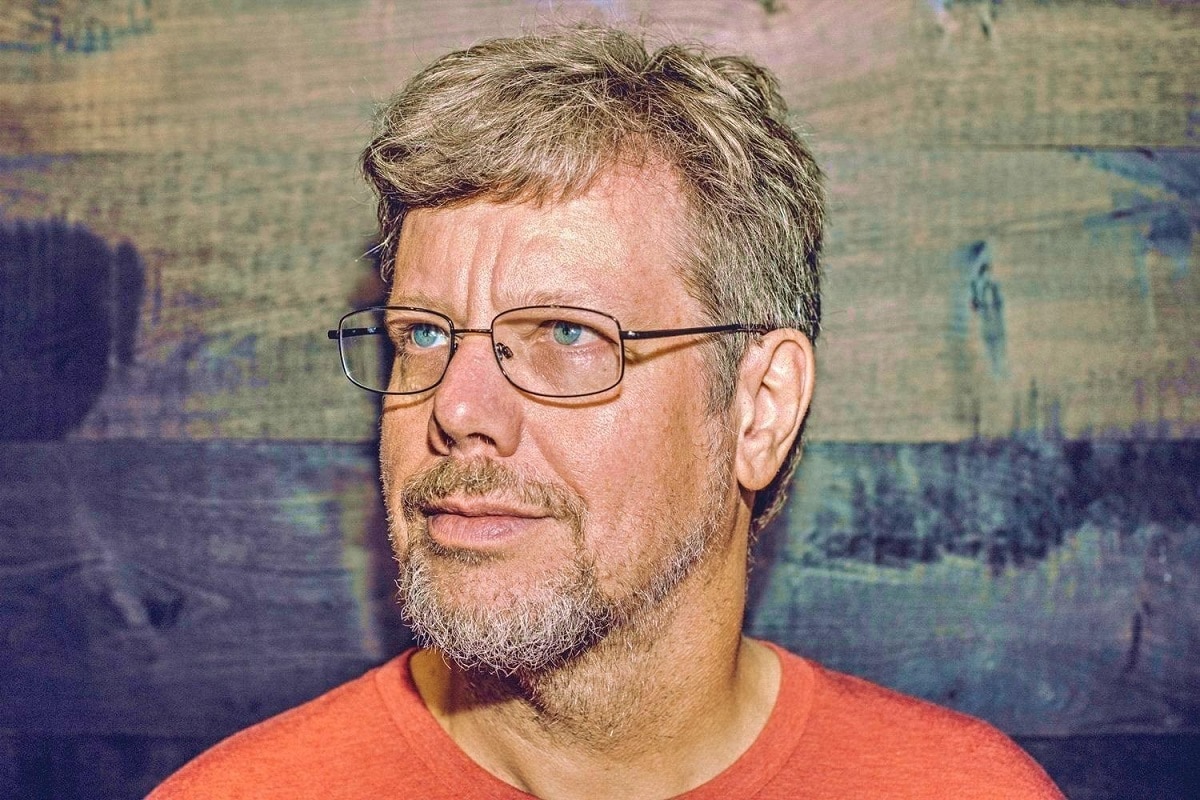
Guido van Rossum, the creator of the Python programming language, announced on Twitter who gave up his retirement to join Microsoft's developer division.
He did not give, or insist, the reasons that led him to make this decision, but he said that Microsoft will strive to make Python even better. It will not only be in Windows, but elsewhere.
Thanks to Python, van Rossum is widely respected as one of the best open source programmers.
Python is one of the most widely used languages in the world and also one of the main languages of the popular LAMP software stack (Linux, Apache, MySQL, Python / Perl / PHP).
Thanks to its use in machine learning (ML), Python shows no signs of slowing down.
Before the end of 2018, he resigned from his role as Python decision-maker and in November 2019, Dropbox announced that he was leaving as well.
Van Rossum's season has been very beneficial for the company, according to Dropbox, as Dropbox contains around four million lines of Python code and Python is the most widely used language for its back-end services and desktop applications.
"What I love about Python is that it works," said Drew Houston, Dropbox CEO, of the van Rossum language.
“It is so intuitive and it is beautifully designed. Many of these attributes inspired my co-founder Arash and I as we reflected on the Dropbox design philosophy, ”he added.
Van Rossum met with Dropbox executives in 2011 and gave many lectures on Python on Dropbox before officially joining their team in 2013.
Although he left his position at BDFL in 2018, he has remained active in development circles. Piton. He also remains president of the Python Software Foundation. This group oversees the Python language.
Van Rossum's farewell to Dropbox last year also marked the beginning of his retirement, and the man said he was proud of the distance he has traveled and all that he has accomplished so far.
In 2020 it has remained more or less silent, But resurfaces announcing a news that has surprised more than one. At 64, van Rossum does not intend to enjoy a peaceful retirement as a great programmer his age would have. You also find retirement boring. For his return, he chose to leave his bags at Microsoft.
“I decided that retiring was boring and I joined Microsoft's developer division. To do what? Too many options to say! But it will surely improve the use of Python (and not only on Windows :-). There is a lot of open source here. Look at this space, ”Van Rossum said. Microsoft, for its part, is happy with its decision. “We are delighted to welcome you to the Developers Division. Microsoft is committed to contributing and growing with the Python community, and Guido's integration is a reflection of that commitment, ”said a Microsoft spokesperson.
In fact, over the years, they go Rossum has worked for many companies, Zope, Google, Dropbox and now Microsoft.
That said, whatever the company, whatever the job title, van Rossum has continued to work on improving Python and better integration of the language into the company's products. So it is certain that it will continue to do the same from Microsoft's developer division.
This will allow the company to delve into the Python universe, as Microsoft has shown little interest in Python for years due to a "Not Invented Here" attitude.
When Microsoft began to work more with open source and the cloud, the company changed positions. As Steve Dower, a Microsoft software engineer explains, Microsoft started working with Python, first with Python Tools for Visual Studio (PTVS) in 2010, then with IronPython, which runs on .NET.
"In 2018, we are proud of Python, supporting it in our development tools like Visual Studio and Visual Studio Code, hosting it on Azure Notebooks, and using it to create end-user experiences like the Azure CLI," he said.
I am sure that more than one fan will strongly criticize Guido's decision, it already happened with De Icaza (GNOME) or Daniel Robbins (Gentoo), when they always tried to improve compatibility between systems.